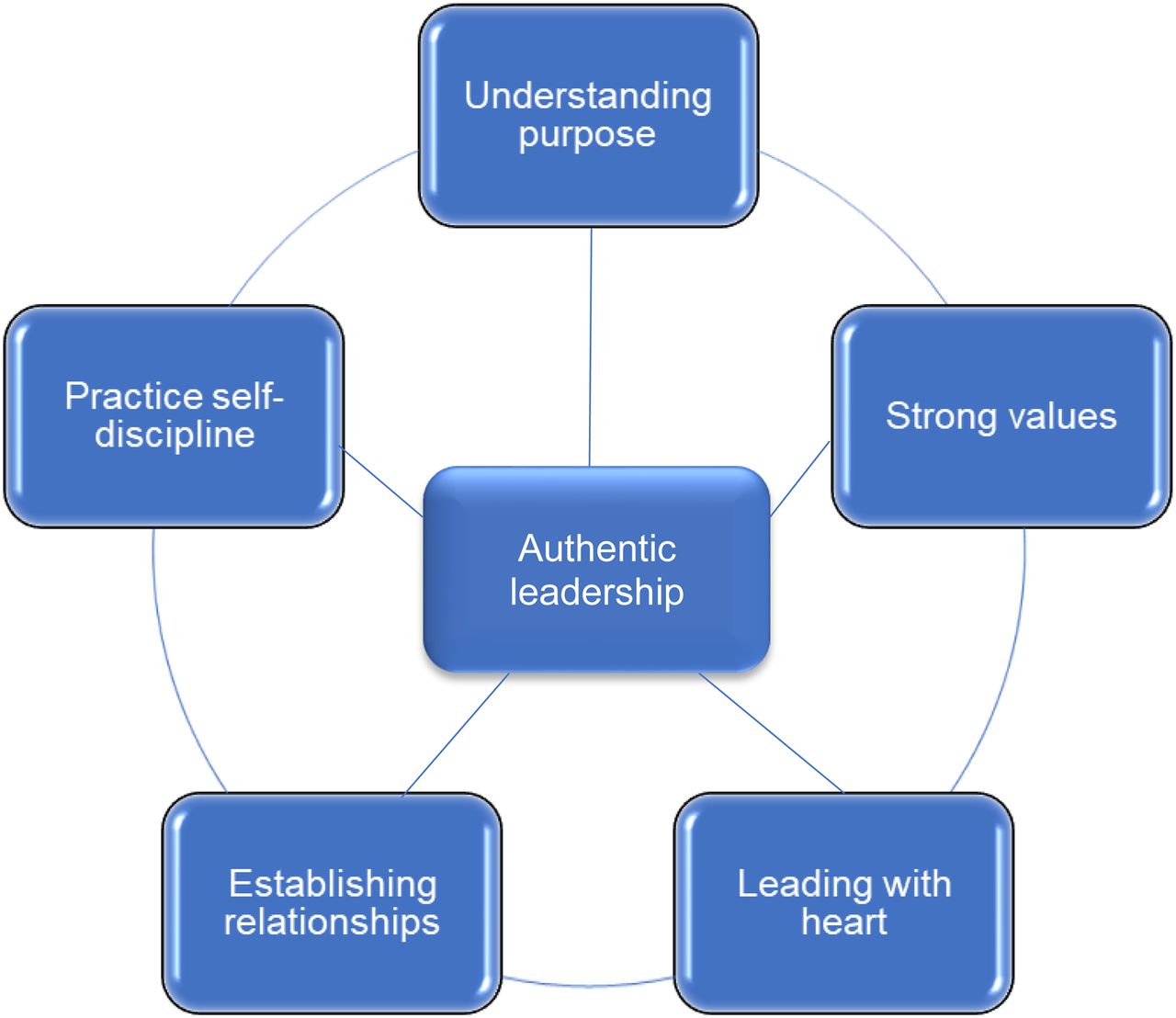Authentic Leadership
Authentic leadership advocates for honesty, sincerity, transparency, self-awareness, and genuineness among leaders. As such, the authentic leadership approach focuses on the consistency between the leaders’ character and personality to ensure they are true to who they are as individuals. Authentic leaders comprehend their values, prioritize the needs of their followers above their own, and work to align their interests for the common good (Theoretical Approaches).

Notably, practical and theoretical approaches are used to study authentic leadership. While theoretical and practical approaches offer insight into authentic leadership, the means they offer the insights are different. In this case, a practical approach uses real-life examples, while theoretical approaches use research to collect information about authentic leadership (Iszatt‐White & Kempster, 2019).
Are They Really Describing The Same Type of Leadership?
While practical approaches have actual life applications, theoretical approaches may not have any impact in the real world. Therefore, authentic leadership stresses ‘how’ or the ‘steps’ towards becoming an authentic leader while focusing on the essential qualities or characteristics. On the contrary, the theoretical focus is on the authentic leadership components and psychological attributes’ influence. However, both approaches describe the same type of leadership, but the insights are different.
In What Ways is Servant Leadership a Paradox?
Subsequently, servant leadership stresses that influential leaders strive to serve others rather than take control or accrue power. In this case, servant leaders have a natural feeling to serve first then a conscious choice brings an inspiration to lead (Sun & Shang, 2019). However, servant leadership creates a paradox that should be understood to promote good leadership. First, servant leadership is a paradox as it focuses on influence and service, raising questions about whether people can be leaders and servants simultaneously.
For instance, a job promotion implies more obligations to serve. However, that is paradoxical in the contemporary world since leaders are promoted to do less work. Secondly, servant leadership claims that leaders must fulfill the needs of the employees and lead to greatness while progressing in their dreams. However, leaders sometimes may have to forfeit the employees’ needs to meet the organization’s desired purpose.
Is Servant Leadership More of a Trait or Behavior?
Servant leadership is more of a trait than behavior. Leaders’ attributes, dispositions, and qualities affect servant leadership in any leadership process. Thus, they utilize their ideas and traits concerning leading in any situation. Some people are motivated to lead, while others have the desire to serve or are driven by a higher calling. The mentioned dispositions affect how an individual portrays servant leadership.
Different emotional intelligence, moral development, and self-determination traits affect how one engages in servant leadership (Lumpkin & Achen, 2018). Of importance, specific leader traits such as emotional intelligence, monitoring one feeling, internal states of followers and oneself, and beliefs are essential in effective servant leadership. However, individual traits affect a leader’s behavior. Behavior is also crucial as it affects leaders’ ethical performance, empowerment, and prioritizing the follower’s needs in servitude.
How Is Servant Leadership Different from Authentic Leadership?
Servant leadership varies from authentic leadership. Abbas et al. (2020) claim that servant leadership entails putting other people’s interests before theirs, while authentic leadership characterizes genuine leadership that promotes high moral management through self-authenticity. Authentic leaders are consistent with their ethical behavior and values and portray conformity with the morality of their followers. On the contrary, servant leaders relate to caring for others by identifying their needs and inner feelings.
References
Abbas, A., Saud, M., Suhariadi, F., Usman, I., & Ekowati, D. (2020). Positive leadership psychology: Authentic and servant leadership in higher education in Pakistan. Current Psychology, 1-13.
Iszatt‐White, M., & Kempster, S. (2019). Authentic leadership: Getting back to the roots of the ‘root construct’? International Journal of Management Reviews, 21(3), 356-369.
Lumpkin, A., & Achen, R. M. (2018). Explicating the synergies of self‐determination theory, ethical leadership, servant leadership, and emotional intelligence. Journal of Leadership Studies, 12(1), 6-20.
Sun, P., & Shang, S. (2019). Personality traits and personal values of servant leaders. Leadership & Organization Development Journal.
A Page will cost you $12, however, this varies with your deadline.
We have a team of expert nursing writers ready to help with your nursing assignments. They will save you time, and improve your grades.
Whatever your goals are, expect plagiarism-free works, on-time delivery, and 24/7 support from us.
Here is your 15% off to get started.
Simply:
- Place your order (Place Order)
- Click on Enter Promo Code after adding your instructions
- Insert your code – Get20
All the Best,
Cathy, CS


